It was the Greek philosopher Heraclitus of Ephesus (535 BC – 475 BC) who became renowned for his worldview that “change” was a core and consistent dynamic of the universe. From this perspective came the saying “The only constant is change”. Later, Heraclitus also established a term familiar to Christians… “Logos”. For many Greek philosophers, this was the driving principle of order and knowledge behind the creation of the cosmos. Logos means word, reason or speech. Centuries later a Jewish fisherman named John, a student of Jesus, would adopt the same term in the opening line of a letter he wrote; “In the beginning was the λόγος” (Logos) which was translated as the “Word” in English. From John’s perspective, this “Word” was not simply a principle but an actual person who revealed himself to humanity through the life and teachings of Jesus. It was God who set into the DNA of his creation that it would continue to change. Change from the divine perspective is the norm.
 My intent here is not to launch into a long philosophical or theological lesson, but to dialogue about the inevitability of change and the transitions of life. I find it interesting, though we are all aware they will happen; we are often ill equipped to handle them. I don’t remember the subject being talked about much in school other than in sex education classes as a prepubescent teen. Even though it would be a constant reality in our lives, I’m surprised about how little our education system prepared us for those awkward and confusing moments. At least in my life, most of what I have learned about them happened while unceremoniously flailing around while in the middle of them! If I was able to get my bearings, it typically happened while talking to someone older who had already gone through them and could offer some perspective. If one has a good relationship with their parents or an older family member, they can become an invaluable and safe asset during these chaotic and confusing seasons of life.
My intent here is not to launch into a long philosophical or theological lesson, but to dialogue about the inevitability of change and the transitions of life. I find it interesting, though we are all aware they will happen; we are often ill equipped to handle them. I don’t remember the subject being talked about much in school other than in sex education classes as a prepubescent teen. Even though it would be a constant reality in our lives, I’m surprised about how little our education system prepared us for those awkward and confusing moments. At least in my life, most of what I have learned about them happened while unceremoniously flailing around while in the middle of them! If I was able to get my bearings, it typically happened while talking to someone older who had already gone through them and could offer some perspective. If one has a good relationship with their parents or an older family member, they can become an invaluable and safe asset during these chaotic and confusing seasons of life.
In the hindsight of growing older, one begins to see more distinctly the various stages of life and the transition phases we’ve gone through. According to Thomas Armstrong in his book, Human Odyssey: Navigating the Twelve Stages of Life, the Twelve Stages of Life and their major attributes are as follows:
- Prebirth: Potential
- Birth: Hope
- Infancy: Vitality
- Early Childhood: Playfulness
- Middle Childhood: Imagination
- Late Childhood: Ingenuity
- Adolescence: Passion
- Early Adulthood: Enterprise
- Midlife: Contemplation
- Mature Adulthood: Benevolence
- Late Adulthood: Wisdom
- Death and Dying: Life
While these may be the major transitional stages of human development, in between them are the myriad of other changes i.e. relationships, jobs and the places we live. One of the paradoxes of life is that our survival instincts tell us to minimize risk and yet change is risky business. In other words, one of the foundational realities of our universe, change, is in direct conflict with our own human instincts. No wonder we feel conflicted! The most common reaction to this collision of realities is fear and the corresponding “deer in the headlights” look. In full disclosure, I find myself in the middle of one these transitional seasons at the moment and have no idea what’s on the other side. I know what I hope for but have no guarantees it will ever happen. I’m captivated by something which is pulling me along at a soul level. At times I find myself wondering if I’m a fool seeing things which don’t exist. At the same time, they continue to tug at me and refuse to leave me alone.
 For those who have been through awkward transitions you might find this word picture painfully amusing. For me they feel a bit like this…After having just showered in your hotel room you remember there’s a newspaper lying just outside the door of your room on the carpet. You impulsively decide, I really don’t want to get dressed just yet so I’ll sneak outside with just my towel on and quickly snag the paper before anyone sees me in this rather vulnerable state. As you slyly open the hotel room door you notice the paper is a little further away than you had anticipated. As you lean out further past your comfort zone, your foot pulls away from the door and it suddenly slams closed behind you. In a panic you quickly stand up and attempt to open the door only to realize it automatically locked behind you. Then, in your mind’s eye, you can remember seeing the key is sitting safely on a dresser on the other side of the door. “A lot of good that does me now” you think to yourself. There you are, finding yourself standing in the hallway of life with nothing more on than a towel hiding your complete nakedness. Most of us are ashamed of our nakedness. It’s been that way for a very long time! If that isn’t bad enough, people suddenly appear out of nowhere passing by on the way to their rooms with their keys firmly in hand. As they pass they give you that look of bewilderment wondering why is there a strange person in the hallway wearing nothing but a towel smiling at us. You’re sure they think you are creepy! In fact, some even cover their kids eyes and call the front desk to complain. The whole time you are standing there with a fake smile, saying hello to everyone pretending everything is OK with your life. All the while you are dying inside hiding the shame behind the smile. I’m sure some of you will identify with the feelings I’m sharing. They are oh too real!
For those who have been through awkward transitions you might find this word picture painfully amusing. For me they feel a bit like this…After having just showered in your hotel room you remember there’s a newspaper lying just outside the door of your room on the carpet. You impulsively decide, I really don’t want to get dressed just yet so I’ll sneak outside with just my towel on and quickly snag the paper before anyone sees me in this rather vulnerable state. As you slyly open the hotel room door you notice the paper is a little further away than you had anticipated. As you lean out further past your comfort zone, your foot pulls away from the door and it suddenly slams closed behind you. In a panic you quickly stand up and attempt to open the door only to realize it automatically locked behind you. Then, in your mind’s eye, you can remember seeing the key is sitting safely on a dresser on the other side of the door. “A lot of good that does me now” you think to yourself. There you are, finding yourself standing in the hallway of life with nothing more on than a towel hiding your complete nakedness. Most of us are ashamed of our nakedness. It’s been that way for a very long time! If that isn’t bad enough, people suddenly appear out of nowhere passing by on the way to their rooms with their keys firmly in hand. As they pass they give you that look of bewilderment wondering why is there a strange person in the hallway wearing nothing but a towel smiling at us. You’re sure they think you are creepy! In fact, some even cover their kids eyes and call the front desk to complain. The whole time you are standing there with a fake smile, saying hello to everyone pretending everything is OK with your life. All the while you are dying inside hiding the shame behind the smile. I’m sure some of you will identify with the feelings I’m sharing. They are oh too real!
It is in these vulnerable transitional moments where one is confronted with what they really believe as far as God’s love for them. For those of us raised in religious traditions which the love of God was performance based, these can be trying times as we have a myriad of reasons in our head as to why we are unworthy of His loving kindness. The good news is the biblical narrative is a long story which takes place over thousands of years. All the way through we see God’s grace and mercy poured out on those who didn’t deserve it. God’s love was never predicated on what we did for Him. It is simply who He is. I make a conscience effort to remind myself of this truth while drowning out the words of shame which prey on me in these vulnerable moments.
As I navigate this transitional season, I have decided to put my writing on hold for awhile until I get a clearer picture as to the whys of what is going on. I’m mindful of an earlier transitional season in my life when I heard these words in my soul … “A fool runs in the fog”. I need to hunker down for a while and be still. I need to quit talking and listen. I need to heal. I need to wait for the fog to lift as I know it will at some point. I hope you understand. Please keep me in your thoughts and prayers over the weeks ahead. There is so much still in my soul and I would hate for it to go to waste. To a fault, I have been overly cautious not to think more highly of myself than I ought. I remain hopeful that God will make a way for me to continue to write. I need to see a door open where there isn’t one currently.
In the meantime, I wish all of you a most blessed holiday season and pray that in 2018, we will see our dreams become a reality. I want to leave you with this beautiful hymn “The Road Home” by the late American composer Stephen Paulus.
“Tell me, where is the road
I can call my own,
That I left, that I lost
So long ago?
All these years I have wandered,
Oh when will I know
There’s a way, there’s a road
That will lead me home?
“After wind, after rain,
When the dark is done,
As I wake from a dream
In the gold of day,
Through the air there’s a calling
From far away,
There’s a voice I can hear
That will lead me home.
“Rise up, follow me,
Come away, is the call,
With the love in your heart
As the only song;
There is no such beauty
As where you belong;
Rise up, follow me,
I will lead you home.”
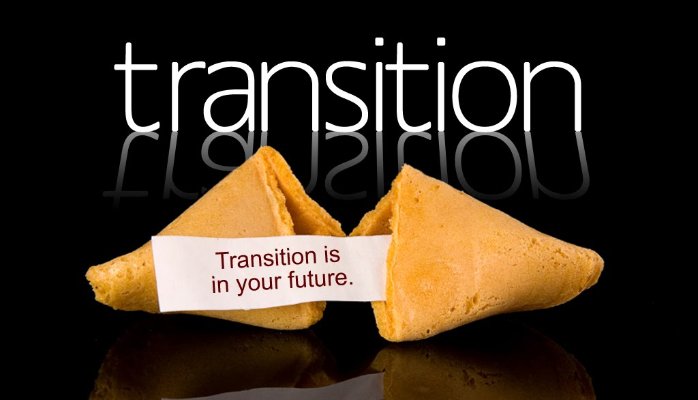

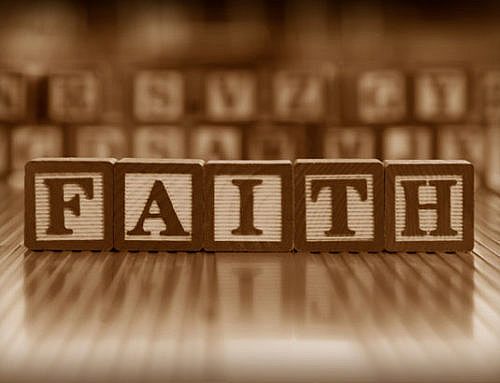
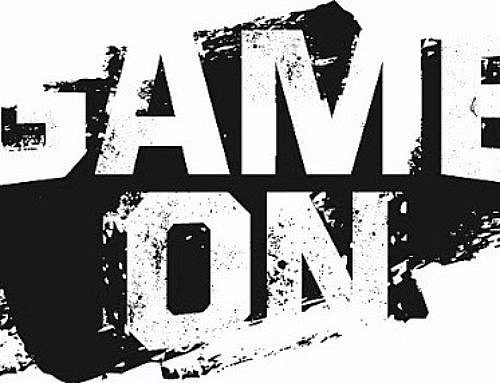
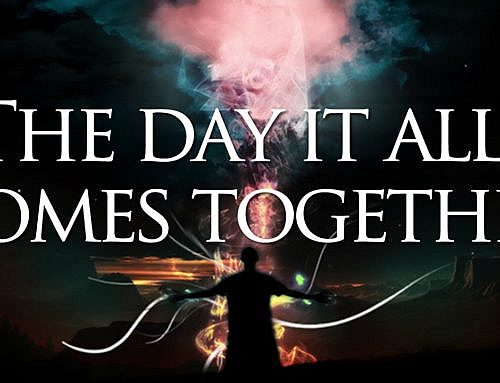
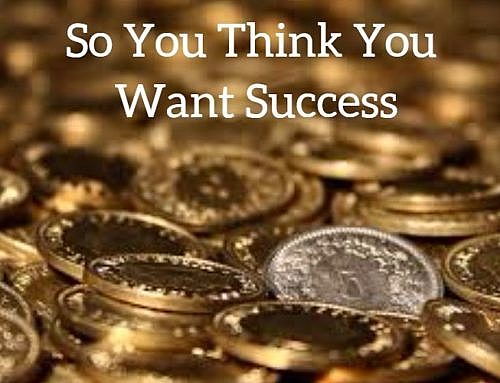
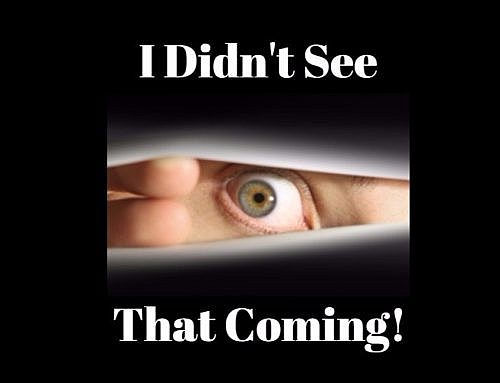
His Tapestry
Behold the tapestry of God
Master Weaver from eternity
Designed before the whispers of man
Beyond understanding in its complexity
The Master’s loom, eternity itself
His yarn, none other than Saints
Who wait with great expectation
As He weaves without constraint
The shuttle used to guide the yarn
Is Christ the great I Am
The Weaver’s one and only Son
How worthy is the Lamb!
Our every thought and action
Anticipated before earth’s dawn
And all skillfully interwoven
In beauty by the Master’s hand
Though times we stagger and stumble
Missing the mark by a country mile
The Weaver, with no hesitation
Busy weaving all the while
When His tapestry is complete
With a smile He will declare
This, My crowning work of art
Without doubt is beyond compare
What form will this tapestry take
With the addition of the last thread
For all the Saints of Christ
When with Him we all break bread
His tapestry when completed
The Master’s great creation
Is the very bride of Christ
The Church in celebration!
gblakeman 2008
You are an important thread in His Tapestry. Know in faith that He will guide you.
Thank you Gary, I appreciated the poem. I sense the divine at work and very much looking forward to what lies around the corner.
I will miss this Bob, but I know there is a reason.
Its only for a season and will allow me the time to recharge my batteries. There’s more coming… stay tuned.